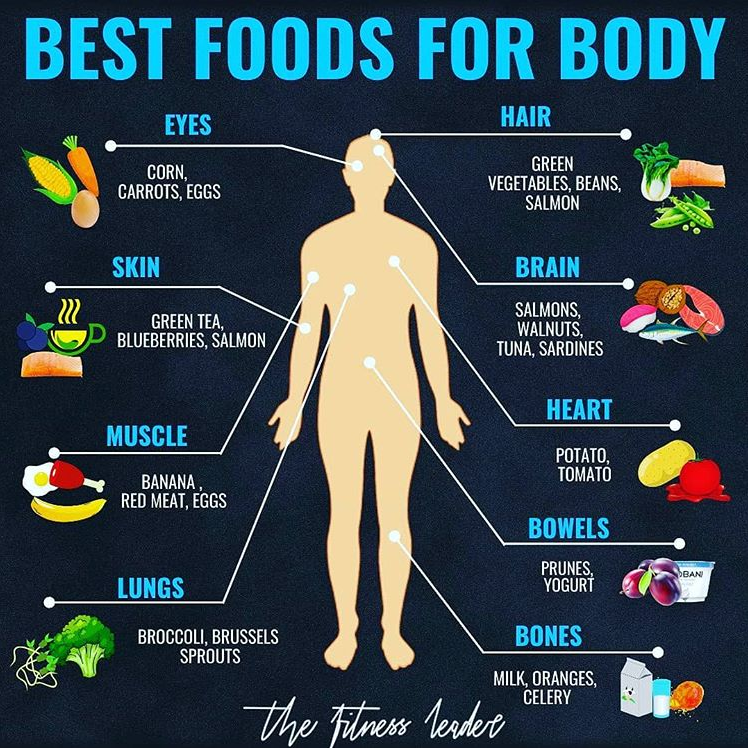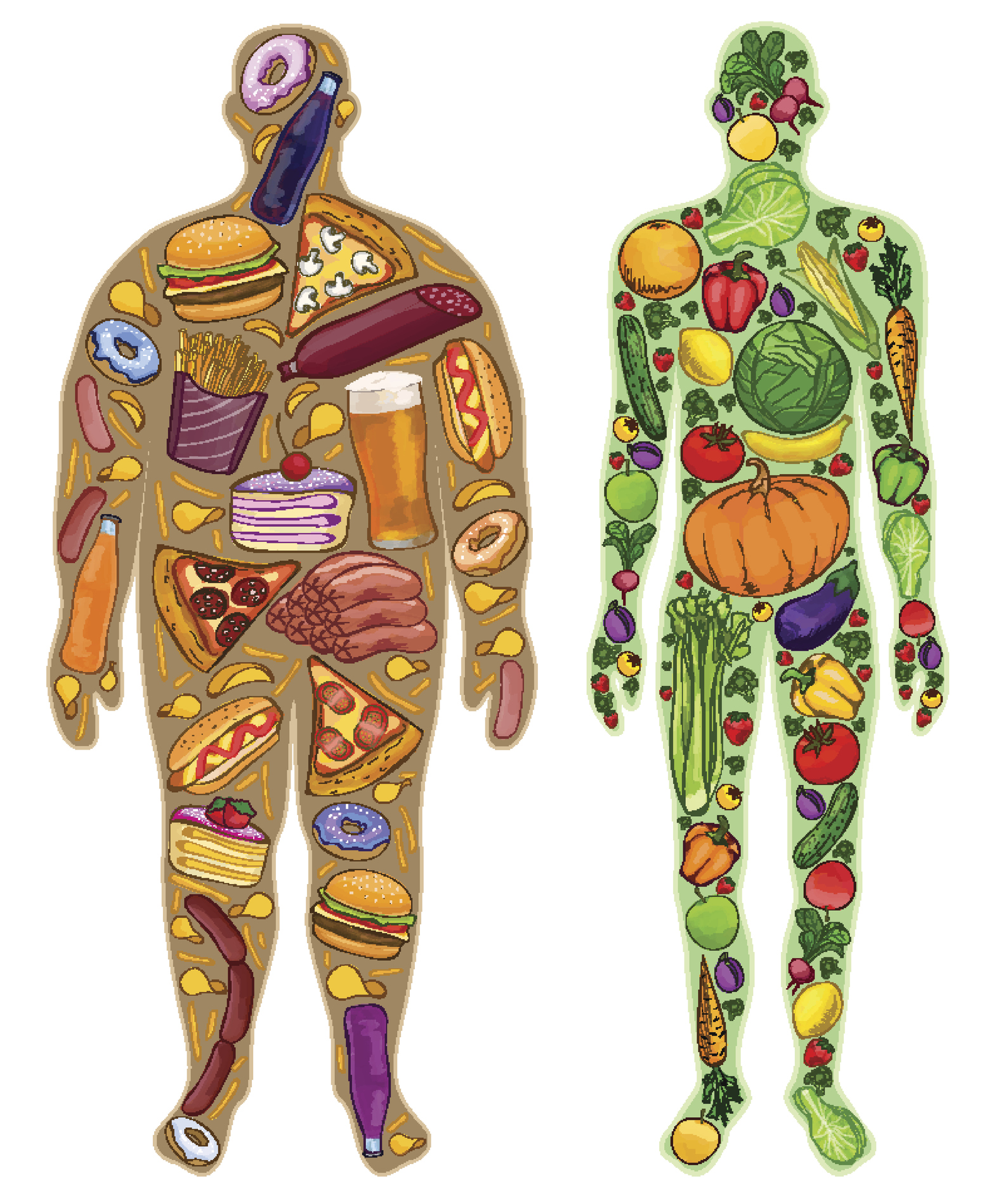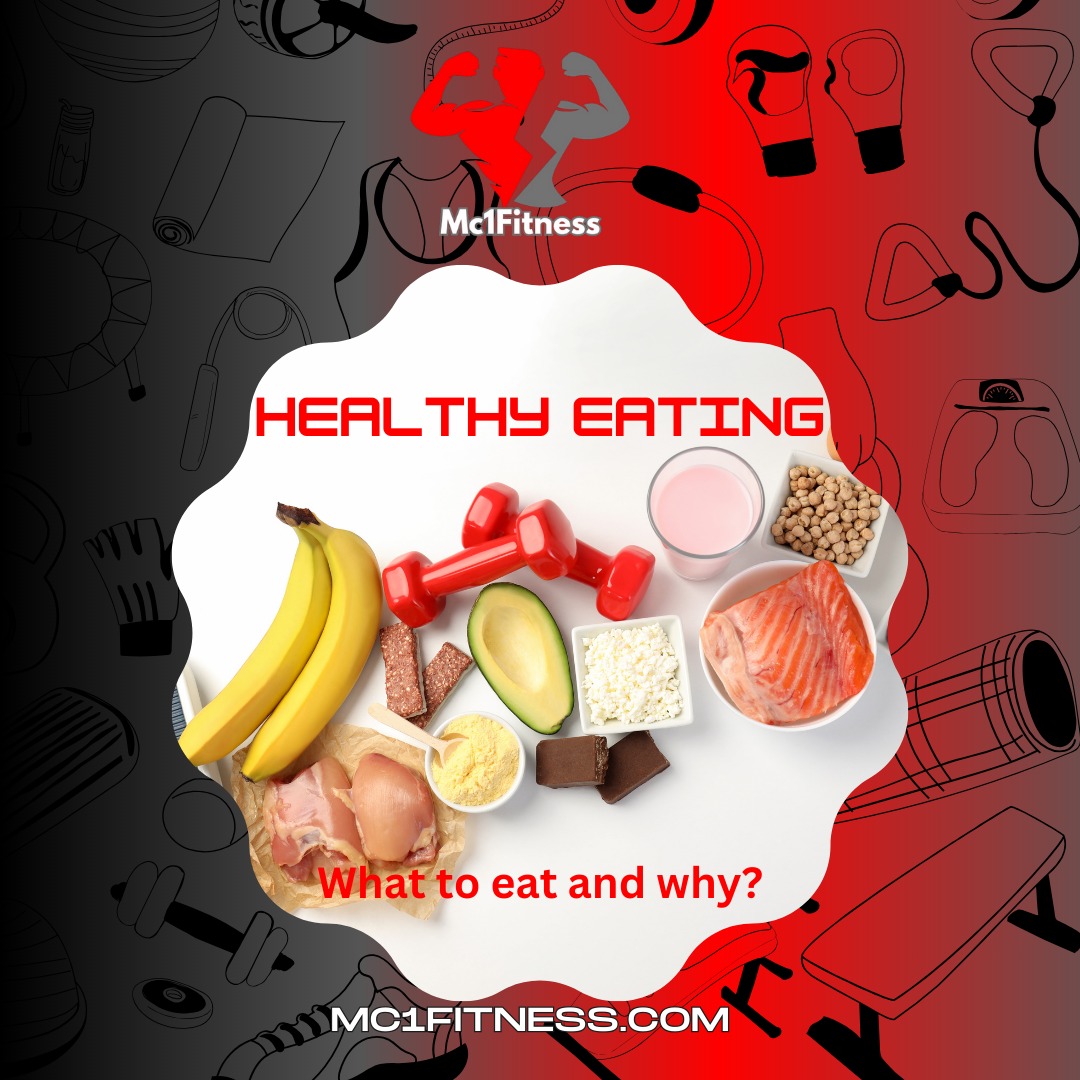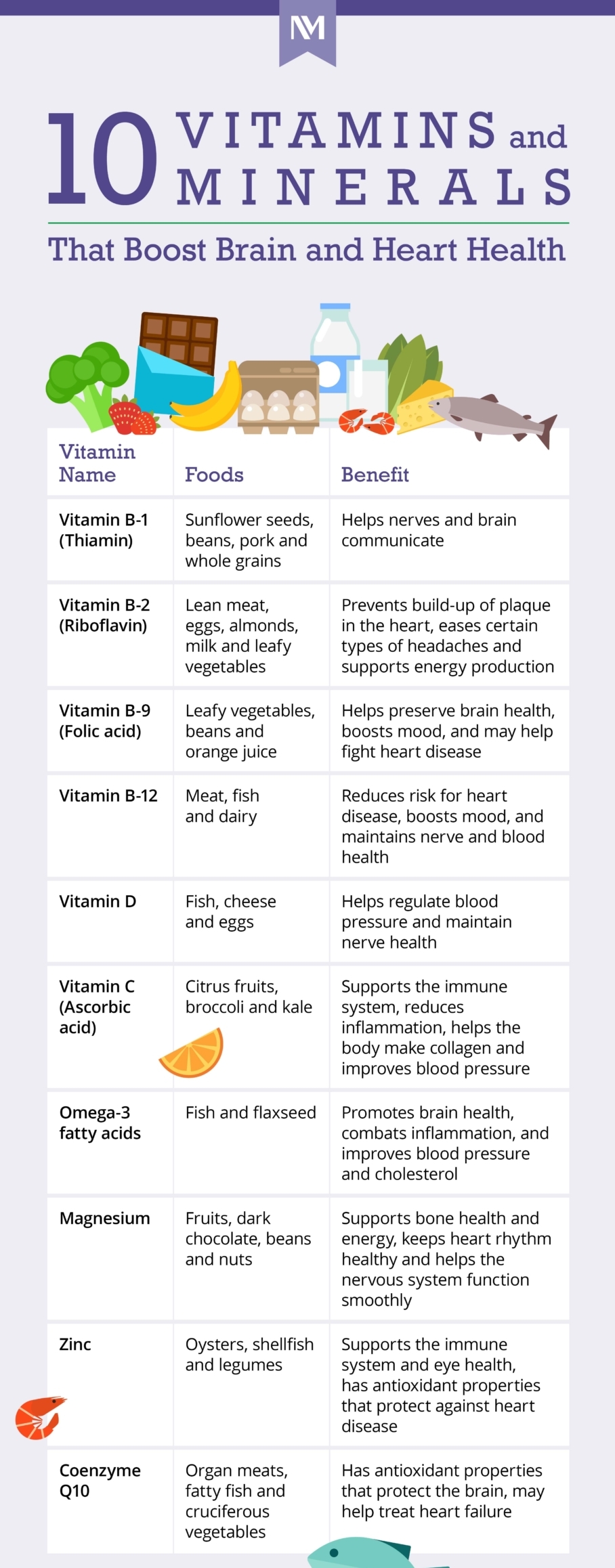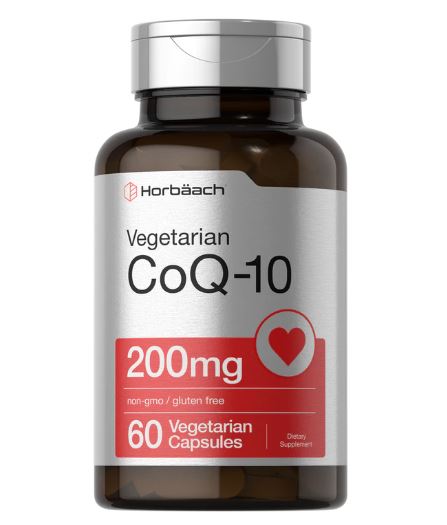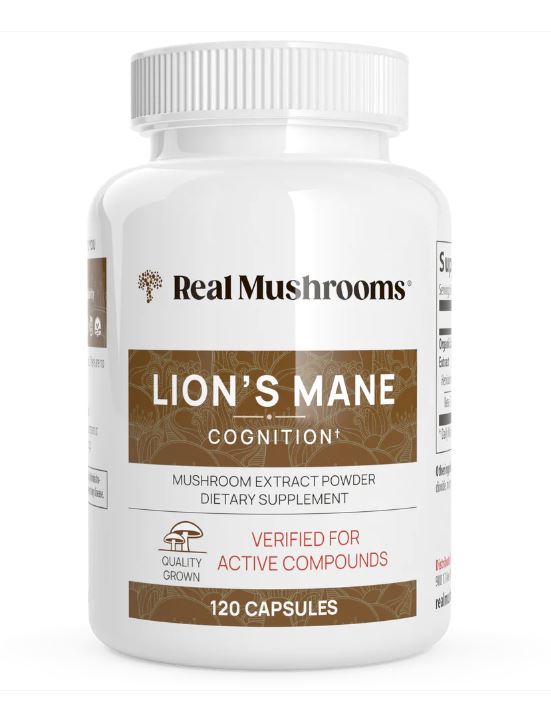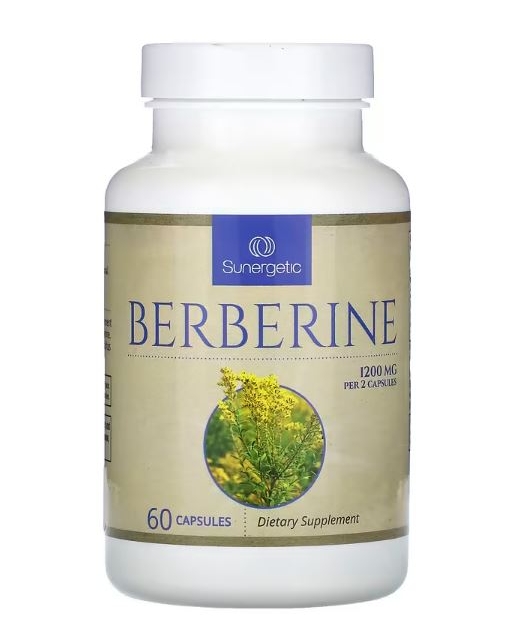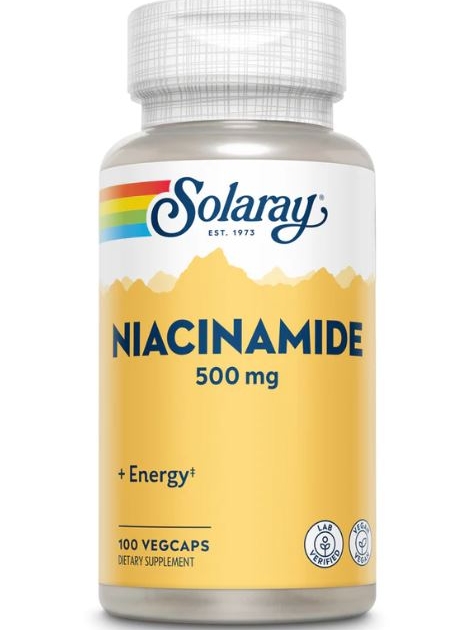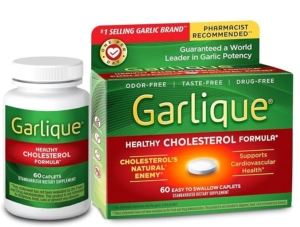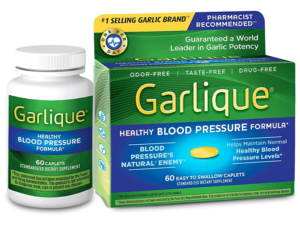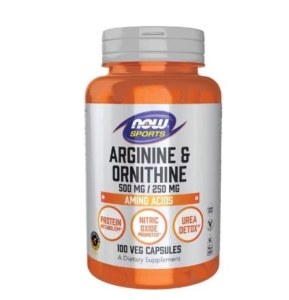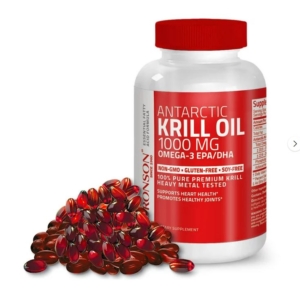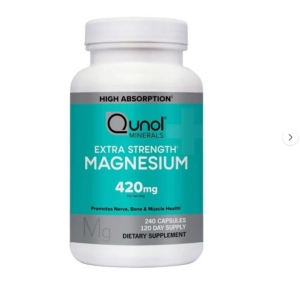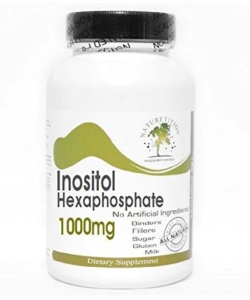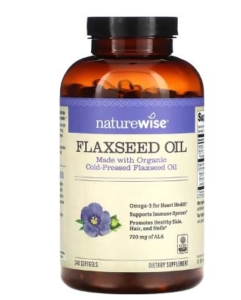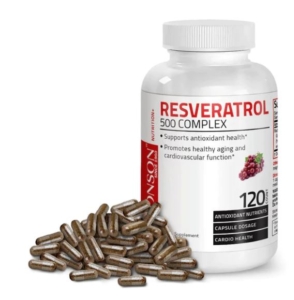NUTRITION
Vitamins – Minerals – Supplements
Embarking on a fitness journey requires more than just dedication to your workout routine; it demands a keen focus on nutrition to support your goals. Whether you’re aiming for muscle gain, weight loss, or overall well-being, the right balance of nutrients is crucial. Explore our comprehensive guide to nutritional content to optimize your fitness journey.
- Macronutrients:
a. Protein:
- Essential for muscle repair and growth.
- Sources: lean meats, poultry, fish, eggs, dairy, legumes, and plant-based proteins.
- Recommended daily intake: 0.8 to 1.2 grams per kilogram of body weight.
b. Carbohydrates:
- The body’s primary energy source.
- Opt for complex carbohydrates like whole grains, fruits, and vegetables.
- Timing matters: Consume carbs before and after workouts for sustained energy and recovery.
c. Fats:
- Important for hormone production and nutrient absorption.
- Choose healthy fats such as avocados, nuts, seeds, and olive oil.
- Limit saturated and trans fats; prioritize unsaturated fats.
- Micronutrients:
a. Vitamins:
- Support various bodily functions, including immune health and energy metabolism.
- Include a variety of fruits and vegetables to ensure a spectrum of vitamins.
b. Minerals:
- Calcium for bone health (found in dairy, leafy greens).
- Iron for oxygen transport (found in lean meats, legumes, and fortified cereals).
- Hydration:
- Water is essential for overall health and optimal physical performance.
- Drink at least 8 glasses (64 ounces) of water per day, more if you’re physically active.
- Consider electrolyte-rich beverages for intense workouts.
- Pre-Workout Nutrition:
- Consume a balanced meal 2-3 hours before exercising.
- Include carbohydrates for energy and protein for muscle support.
- Avoid heavy or high-fiber meals to prevent discomfort during workouts.
- Post-Workout Nutrition:
- Prioritize protein to aid muscle recovery.
- Include carbohydrates to replenish glycogen stores.
- Hydrate with water or a sports drink to replace lost fluids.
- Supplements:
- Consult with a healthcare professional before taking supplements.
- Common supplements include protein powder, creatine, and omega-3 fatty acids.
- Supplements should complement a balanced diet, not replace it.
Remember, individual nutritional needs vary, and it’s crucial to listen to your body. If you have specific fitness goals or dietary restrictions, consider consulting a nutritionist or dietitian for personalized advice. Fuel your body with the right nutrients, and watch your fitness goals become a reality.
- Multivitamins:
- Benefits: Provides a broad spectrum of essential vitamins and minerals to support overall health.
- Vitamin D:
- Benefits: Essential for bone health, immune function, and mood regulation.
- Sources: Sun exposure, fatty fish, fortified foods, supplements.
- Omega-3 Fatty Acids:
- Benefits: Supports heart health, and brain function, and reduces inflammation.
- Sources: Fatty fish (salmon, mackerel), flaxseeds, chia seeds, walnuts, fish oil supplements.
- Calcium:
- Benefits: Crucial for bone health and muscle function.
- Sources: Dairy products, leafy greens, fortified foods, calcium supplements.
- Iron:
- Benefits: Necessary for oxygen transport in the blood.
- Sources: Red meat, poultry, fish, beans, lentils, iron supplements (if deficient).
- Vitamin C:
- Benefits: Boosts immune function, aids in collagen production.
- Sources: Citrus fruits, strawberries, bell peppers, supplements.
- Vitamin B Complex:
- Benefits: Supports energy metabolism, brain function, and red blood cell formation.
- Sources: Whole grains, meat, fish, eggs, dairy, B-complex supplements.
- Magnesium:
- Benefits: Supports muscle and nerve function, bone health, and energy production.
- Sources: Nuts, seeds, whole grains, leafy greens, magnesium supplements.
- Zinc:
- Benefits: Essential for immune function, wound healing, and DNA synthesis.
- Sources: Meat, dairy, nuts, seeds, zinc supplements.
- Probiotics:
- Benefits: Supports gut health by promoting the growth of beneficial bacteria.
- Sources: Yogurt, kefir, sauerkraut, probiotic supplements.
- Coenzyme Q10 (CoQ10):
- Benefits: Supports energy production in cells, acts as an antioxidant.
- Sources: Fatty fish, organ meats, CoQ10 supplements.
- Turmeric/Curcumin:
- Benefits: Anti-inflammatory properties, antioxidant effects.
- Sources: Turmeric spice, curcumin supplements.
- Vitamin E:
- Benefits: Antioxidant properties, supports skin health.
- Sources: Nuts, seeds, spinach, vitamin E supplements.
- Folate (Vitamin B9):
- Benefits: Important for DNA synthesis, especially during pregnancy.
- Sources: Leafy greens, legumes, fortified cereals, folate supplements.
CoQ10
Antioxidants, such as CoQ10, can neutralize free radicals and may reduce or even help prevent some of the damage they cause. Some researchers believe that CoQ10 may help with heart-related conditions because it can improve energy production in cells, prevent blood clot formation, and act as an antioxidant.
Organic Lions Mane
Regulates blood sugar. Reduces high blood pressure. Promotes healthy energy levels and combats fatigue. Helps to prevent excess blood lipid accumulation. Protects heart health. Slows biological aging. Protects liver health. Protects kidney health
Berberine
Berberine may help prevent certain types of liver injury and is not frequently associated with liver damage. Berberine’s effects on metabolism may improve liver function, prevent liver inflammation, and help treat non-alcoholic fatty liver disease supplementing with berberine led to significant reductions in body weight, body mass index, and belly fat.
Niacinamide
Niacinamide vitamin B3 and nicotinamide, niacinamide is a water-soluble vitamin that works with the natural substances in your skin to help visibly minimize enlarged pores, tighten lax or stretched-out pores, improve uneven skin tone, soften fine lines and wrinkles, diminish dullness, and strengthen a weakened.
Garlique Cholesterol
Garlique helps support cardiovascular health with 5,000 mcg of allicin, which may help maintain cholesterol levels already within their normal range. The garlic used in Garlique has the very highest allicin yield and we guarantee that the potency is preserved. Independent laboratory testing of each batch helps ensure every caplet yields the optimal level of allicin. Just one odor-free, taste-free, easy-to-swallow caplet per day. Garlique is the #1 selling garlic supplement, trusted by millions, and is guaranteed a world leader in garlic potency.
Garlique blood pressure
HEALTHY BLOOD PRESSURE BLEND: Contains clinically supported levels of allicin, the powerful ingredient in garlic that helps provide cardiovascular support, plus a custom blend of Vitamins C, B6 & B12, Magnesium, and Folic Acid to help support healthy blood pressure levels. ODOR-FREE: Garlic caplets are enteric-coated and absorbed in the small intestine for optimal benefits. They’re odor-free, tasteless, and easy to swallow and digest, with none of the social missteps of fresh garlic cloves. And you just need one caplet per day.
Arginine & Ornithine
Arginine and ornithine combine two amino acids into one optimal supplement. Arginine is necessary for urea metabolism, a process that prepares toxic ammonia for safe excretion by the kidneys. Ornithine is synthesized from Arginine and is a precursor of citrulline, proline and glutamic acid. Both of these amino acids are popular with athletes and other active individuals.
Krill Oil
Krill is a source of omega-3 fatty acids, which your body can only get from food or supplements. Omega-3s are a critical part of the membranes surrounding each of your cells. Omega-3s give your body energy and also serve important jobs in your heart, blood vessels, lungs, immune system, and endocrine system. Promotes healthy cholesterol levels, helps to reduce blood pressure.
Magnesium
Magnesium is a mineral that is essential for healthy muscles, nerves, bones, and blood sugar levels. If you don’t get enough magnesium in your diet over a long time, you may be at a higher risk of health problems such as heart attack, stroke, diabetes, or osteoporosis.
Inositol Hexaphosphate
Enhance immune system, prevent pathological calcification and kidney stone formation, lower elevated serum cholesterol, and reduce pathological platelet activity IP-6 is also an antioxidant. IP-6 might help treat and prevent cancer by slowing down the production of cancer cells. It might also bind to certain minerals, decreasing the risk of colon cancer. IP-6 is also an antioxidant.
Flaxseed Oil
Flaxseed is commonly used to improve digestive health or relieve constipation. Flaxseed may also help lower total blood cholesterol and low-density lipoprotein (LDL, or “bad”) cholesterol levels, which may help reduce the risk of heart disease
Resveratrol
Resveratrol is a powerful antioxidant that provides protective benefits for your heart, brain and body can protect against diverse chronic diseases, such as cardiovascular diseases (CVDs), cancer, liver diseases, obesity, diabetes, Alzheimer’s disease, and Resveratrol can slow down the aging process

